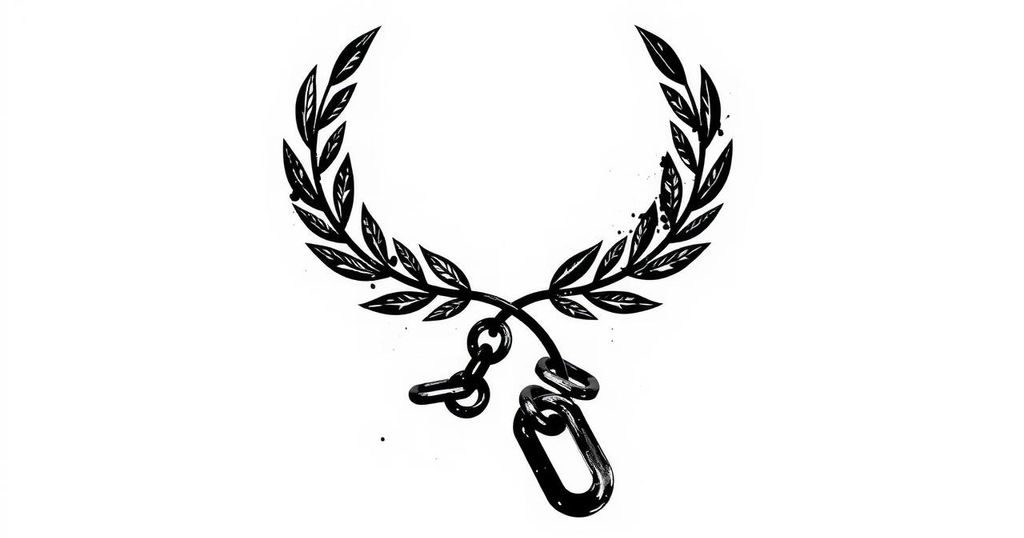The Iraqi Communist Party condemned Syria’s ruling authority for dissolving the Syrian Communist Party, calling it unjust and a violation of political pluralism. This decision signals a shift towards unilateral control over Syria’s political future. The condemnation follows Ahmad Al-Sharaa’s appointment as president during the transitional phase aimed at restoring civil peace and rebuilding state institutions.
The Iraqi Communist Party has officially condemned the recent dissolution of the Syrian Communist Party’s organizational structures by Syria’s new ruling authority. They describe this action as “unjust and politically repressive,” indicating that it reflects a grave infringement on political pluralism in the nation. This situation, as per the party’s statement, demonstrates a clear breach of Syria’s previous commitments to fostering national dialogue and establishing an inclusive governance framework.
The Iraqi Communist Party expressed concerns that such a decision marks an alarming shift towards unilateral governance in Syria. The dissolution of the Syrian Communist Party undermines one of the oldest political movements within the country, posing a serious threat to the future of political diversity in Syria. This condemnation followed significant political changes within Syria, including the appointment of Ahmad Al-Sharaa as president of the transitional phase.
Al-Sharaa’s leadership, established at the recent conference on the Syrian Revolution Victory Declaration, aims to restore civil peace and rebuild essential state institutions. Moreover, he intends to enhance Syria’s standing both regionally and internationally. The actions of the new ruling authority and the reported political transitions highlight a pivotal moment in Syria’s governance and political landscape.
The current political climate in Syria has undergone significant transformation following the appointment of Ahmad Al-Sharaa as president during the transitional phase. His leadership aims to reshape governance, emphasizing civil peace, institutional rebuilding, and international relations. However, the Iraqi Communist Party’s condemnation of the Syrian ruling authority’s decision to dissolve the Syrian Communist Party highlights ongoing concerns about political repression and the decline of pluralism in a country with a diverse political history.
In conclusion, the Iraqi Communist Party’s denunciation of the Syrian ruling authority’s actions underscores a critical concern regarding political repression and the erosion of democratic principles in Syria. Their critique illustrates the potential detrimental impacts on political pluralism and the longstanding legacy of Syrian political movements. As Syria navigates its transitional phase under Ahmad Al-Sharaa, the implications of these developments warrant close attention, both locally and internationally.
Original Source: shafaq.com






